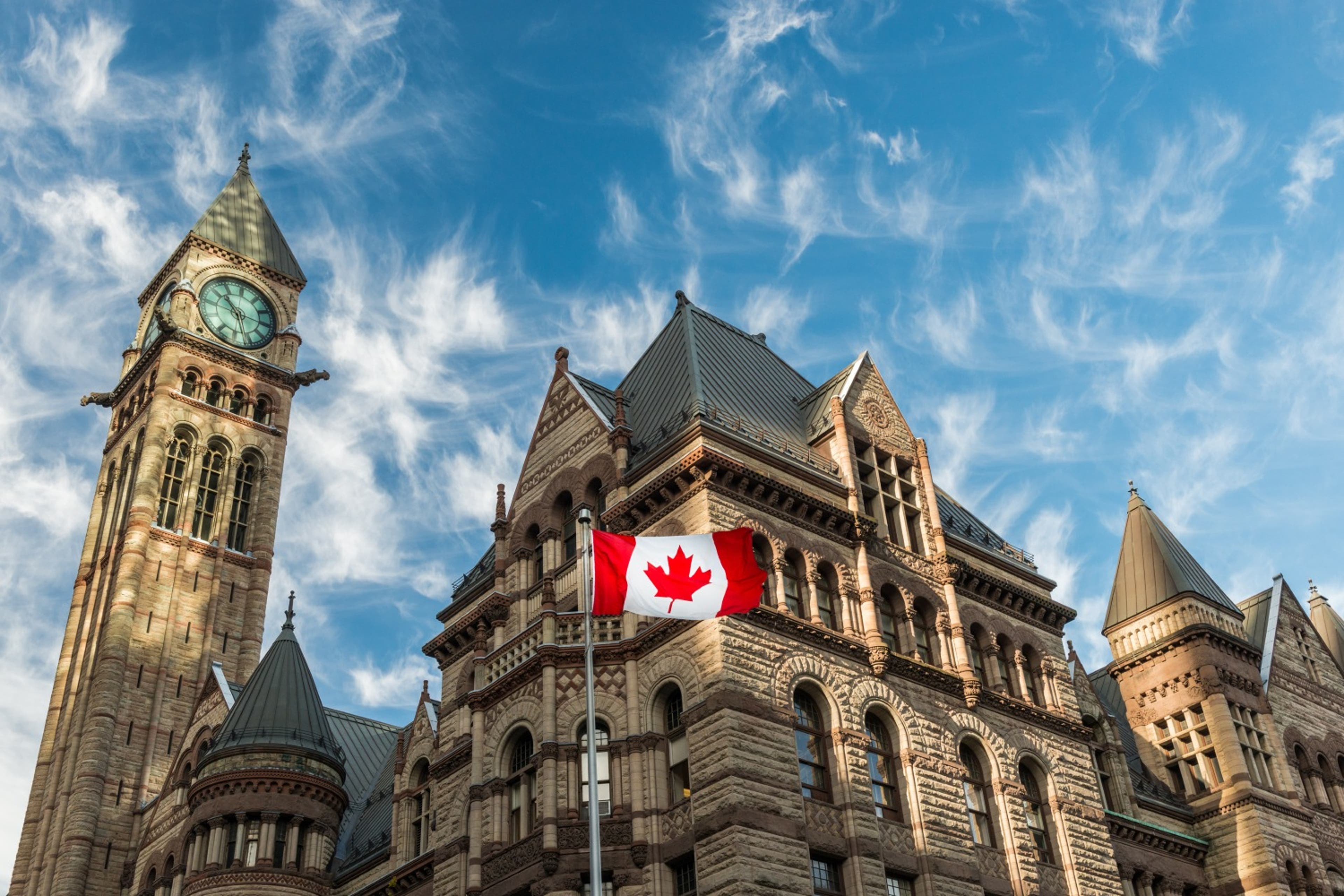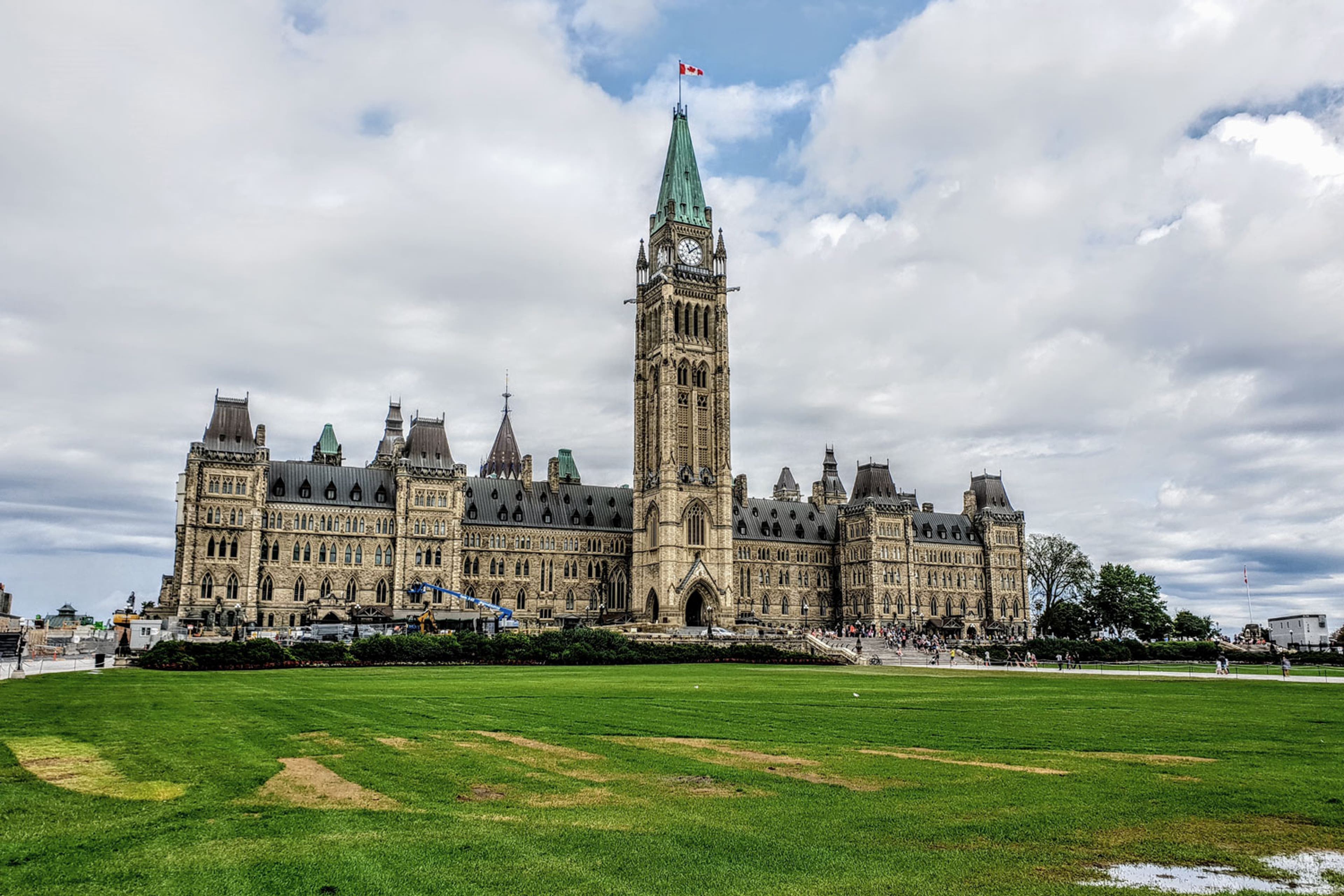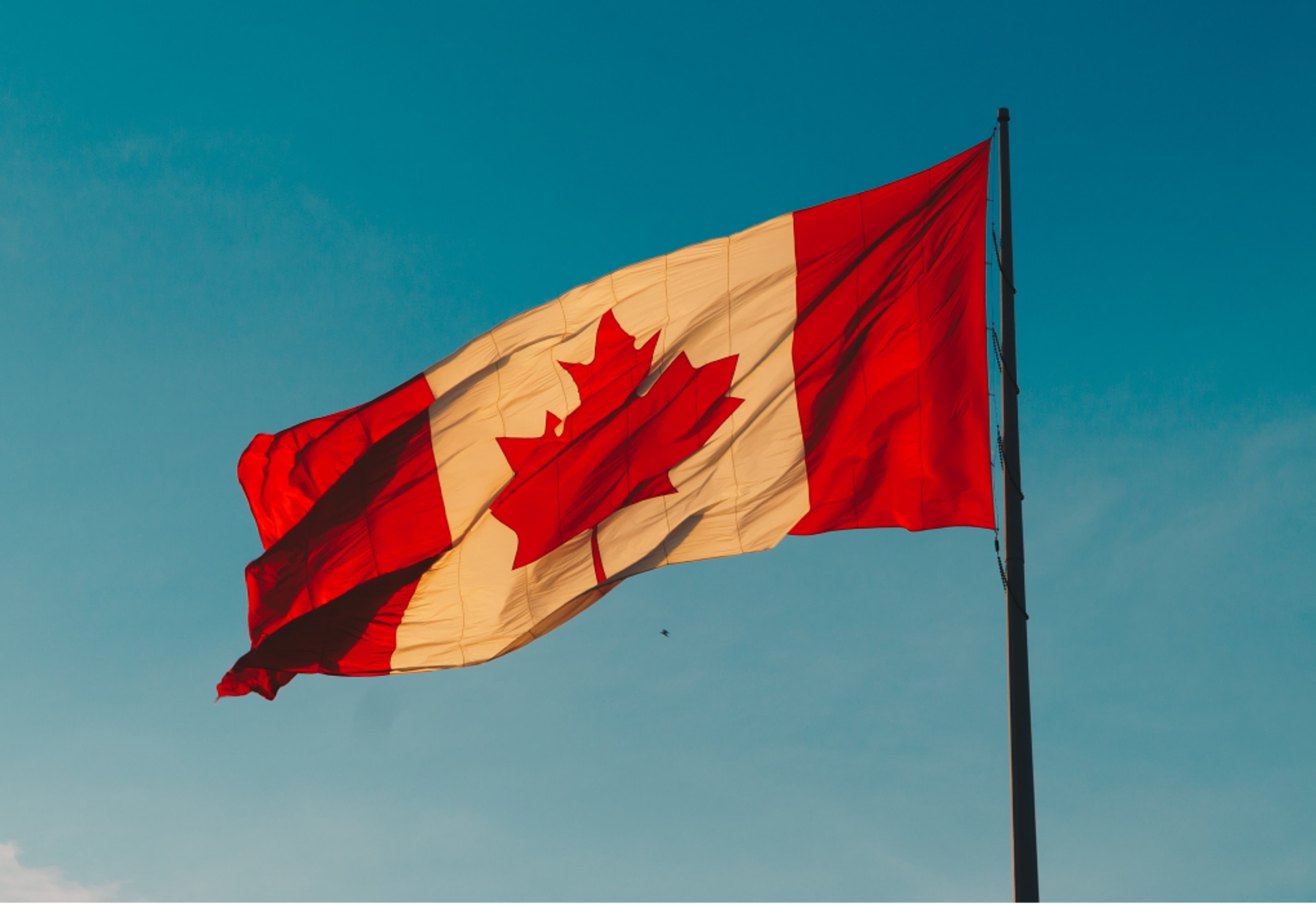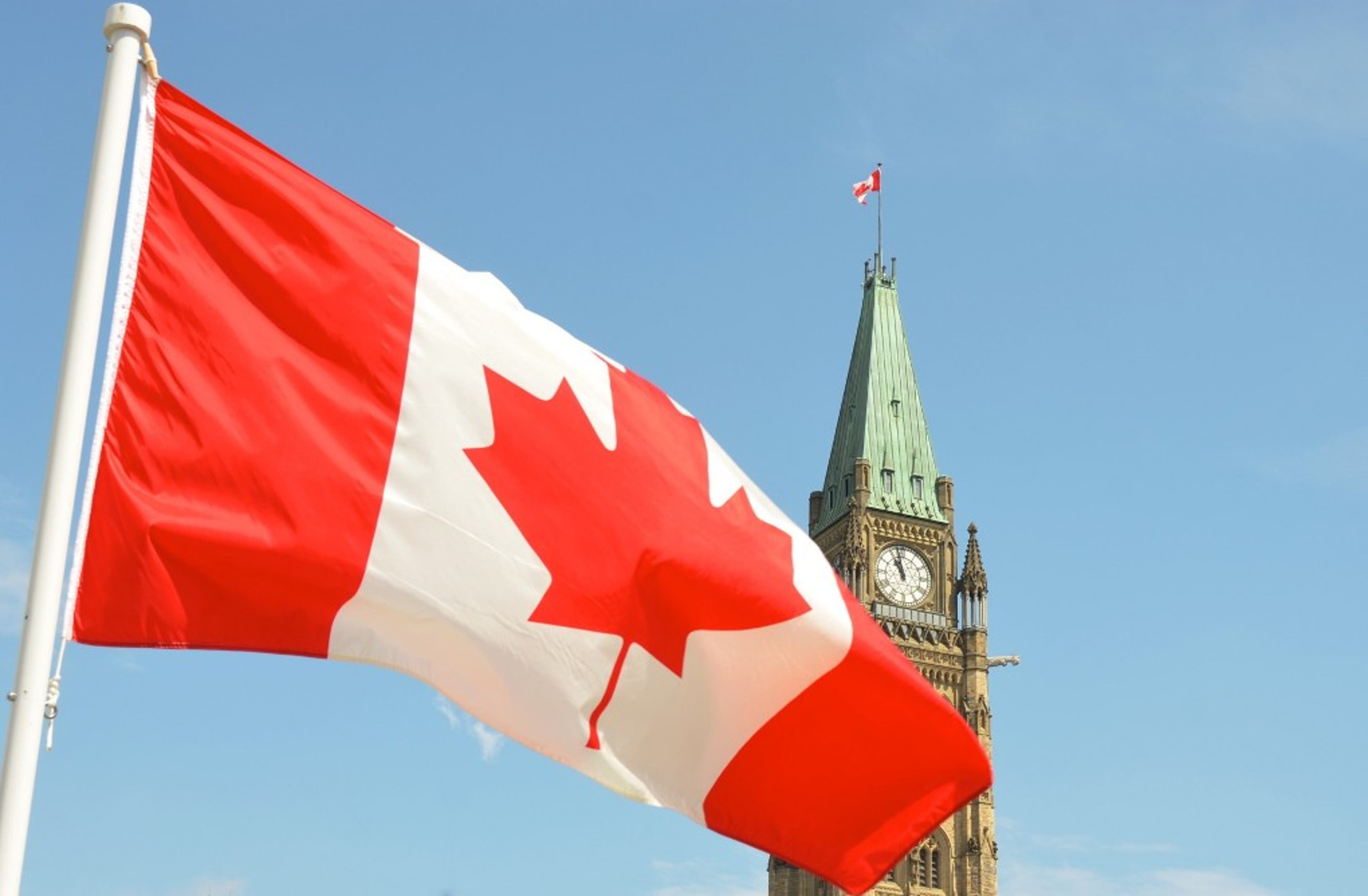Bill C-27 awaits fate after Canada's prime minister resigns


Published:
Contributors:
Alex LaCasse
Staff Writer
IAPP
As part of Canadian Prime Minister Justin Trudeau's recent resignation announcement, he requested a "prorogation" of Parliament until 24 March. Those developments put the proposed federal privacy law reforms and artificial intelligence regulation contained in Bill C-27 in serious jeopardy.
The prorogation suspends Parliament's business until that date, after which the Liberal Party will elect a new leader to replace Trudeau. Even before a new Liberal leader is elected, the Conservative Party may pursue a nonconfidence vote as early as 30 Jan. that is anticipated to be supported by other opposition parties, according to the CBC.
If a nonconfidence vote takes place after the election of a new Liberal leader, that would likely set late April as the earliest date for a national election.
The deadline for Canada to hold its election is 20 Oct.
Bill C-27 has been in the committee consideration stage since the second reading was approved in the House of Commons April 2023. Since then, the bill was scheduled for more than 30 committee hearings over nearly two years. Additionally, C-27 still requires a full consideration process in the Senate.
The omnibus contains proposals for the Digital Charter Implementation Act, the proposed Consumer Privacy Protection Act, the Personal Information and Data Protection Tribunal Act and Artificial Intelligence and Data Act.
End of the line
nNovation Counsel Constantine Karbaliotis, AIGP, CIPP/C, CIPP/E, CIPP/US, CIPM, CIPT, FIP, told the IAPP in the "unlikely" event the Liberal Party forges an alliance with opposition parties to delay calling an election after selecting its new leader in March, it would be less likely the coalition gets C-27 over the finish line, as constituted.
"Once an election is called, C-27 dies on the order paper, and it will be up to a new government to introduce legislation," Karbaliotis said. "While it is easy to say that Trudeau's resignation is dooming C-27, all parties are responsible for updating our privacy laws, and all parties in the last election committed to doing so. The delays in dealing with Bill C-27 in-committee to avoid giving the government a 'win' has much more to do with C-27's failure than the prime minister's resignation."
University of Ottawa professor and Canada Research Chair in Information Law and Policy Teresa Scassa said, while the C-27's privacy reforms were "far from perfect," starting over with whichever party ultimately secures a governing coalition would be a step backward. However, she said she supports severing the AIDA from the broader package if it was to be reintroduced in order to move faster on privacy reform.
"(C-27) was the product of considerable consultation, revision, debate and discussion," Scassa said. "A new government should seriously consider moving this forward as quickly as possible. There is room to improve the bill, but starting from scratch or deprioritizing it would be a mistake."
As C-27 was debated in Parliament, a common complaint among stakeholders and some lawmakers was that the AIDA lacked legal specificity and left too much regulation up to the Minister of Innovation, Science and Industry after the legislation was to be passed.
"The government was heavily castigated for introducing AIDA without any public consultation," McCarthy Tetrault Senior Counsel for Business Barry Sookman said. "Accordingly, I think it's likely that the (new) government will issue a consultation on artificial intelligence regulation and use that, in part, as a basis for deciding how to approach regulating AI."
Election impacts
The responsibility for updating Canada's privacy laws and developing a new approach to AI regulations may soon fall on the country's other primary political party to solve.
According to polling service 338 Canada, as of 5 Jan., the Conservative Party is projected to secure a majority with somewhere between 208 and 255 seats in the new Parliament. In Canada, a party must secure at least 172 seats in Parliament to secure a majority.
nNovation's Karbaliotis said a potential Conservative government has at least rhetorically backed privacy reform as a goal.
"While the Conservatives' official platform outlines strong support for privacy as a fundamental right, it is unclear what priority privacy legislation will have," he said.
In the event the Liberal Party hangs onto power in the election, Karbaliotis predicted they would "heed academics and the privacy profession's protestations" and likely reintroduce C-27 without the AIDA with an eye toward eventually pursuing separate legislation addressing AI.
A key factor in the European Commission's decision to renew Canada's adequacy last January was predicated on C-27 passing and any subsequent second thoughts on the part of the Europeans could thrust privacy law reform back to the forefront in Ottawa. However, renewed adequacy may have also been a factor in why Parliamentarians did not intensify C-27 debate sooner and push toward finalization.
Karbaliotis said reintroduction is logical "given the effort expended to this point and the extensive input both C-27 and its predecessor have already received."
How US policy could impact Canada's next AI moves
Regardless of which party secures a governing victory, Parliament may face other global political headwinds emanating from the U.S. that could sideline the issue of privacy and AI.
U.S. President-elect Donald Trump threatened imposing 25% tariffs on Canadian imports, which is complicating efforts to smooth over trade disputes between the two countries. Additionally, the new U.S. administration will likely push the new Canadian government to drop a digital service tax levied on large firms that has been applied to U.S. companies with a Canadian customer base, according to the Atlantic Council.
Karbaliotis said, even if there is a desire under a new government to go back to the drawing board on new privacy and AI bills, the incoming administration may ultimately take its cues from whatever digital regulatory track the U.S. pursues in the second Trump presidency.
"Assuming a majority attains power, a Conservative government may be more inclined to follow the Trump administration's predicted hands-off, laissez-faire approach," Karbaliotis said. "Regardless of who wins or whether there is a majority government, neither privacy nor AI may have priority given the other issues that any government will be contending with at that point."
Canada's election may take place just before it assumes chair of the G7 in June. With the higher likelihood of a Conservative Party victory, McCarthy Tetrault's Sookman said Canada may look to help promote broader AI adoption among the G7 allies rather than new regulatory policies for AI. He could imagine a Conservative-led Parliament potentially focusing on more narrowly-tailored AI legislation targeting issues like deepfakes and model transparency mandates.
"The G7 approach this year is going to be on adoption," Sookaman said. "Further, a Conservative government is likely going to want to keep more in step with the U.S. regulatory approach than the Liberals did, (so) I could see the conservatives being reluctant to introduce a new artificial intelligence regulatory bill right away."
The University of Ottawa's Scassa said the closer a possible Conservative government in Canada aligns its AI regulatory approach with the regulatory developments in the U.S., it could potentially strain its relations with other allies, like the EU, as the slow-simmering race around the world begins to boil over to determine what nation will lead in the global AI governance space.
"The U.S. may be about to go in a very different direction on AI regulation from the path it was charting under the Biden administration, and if it does, this will put Canada in a difficult position," Scassa said. "The current Canadian government has been working hard to ensure that conformity by Canadian businesses with standards and regulations developed under its proposed AI and Data Act would be accepted as meeting the requirements under the EU AI Act in order to keep trade flowing between Canada and the EU. Not moving forward would put that in jeopardy."
Alex LaCasse is a staff writer for the IAPP.

This content is eligible for Continuing Professional Education credits. Please self-submit according to CPE policy guidelines.
Submit for CPEs


